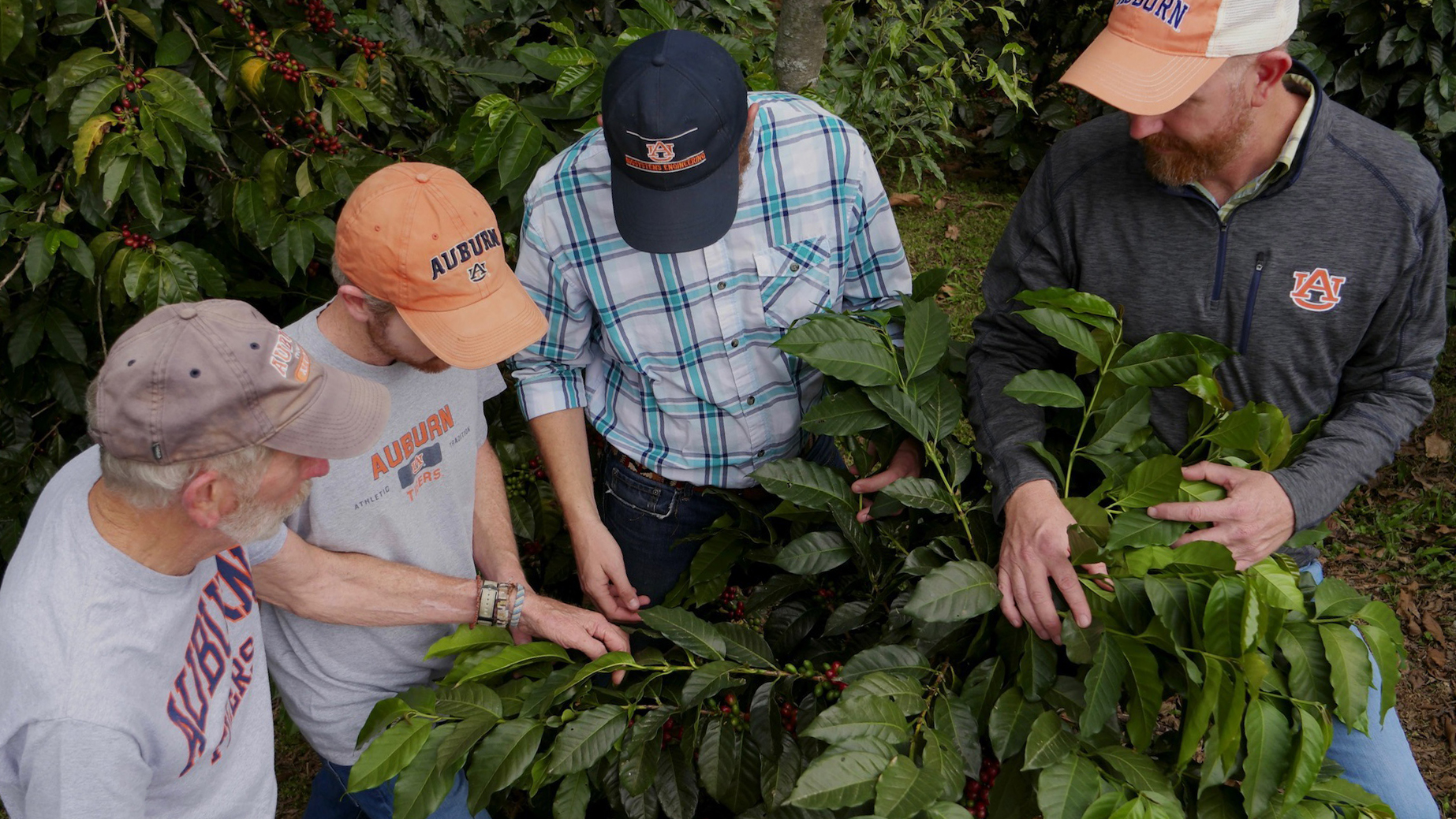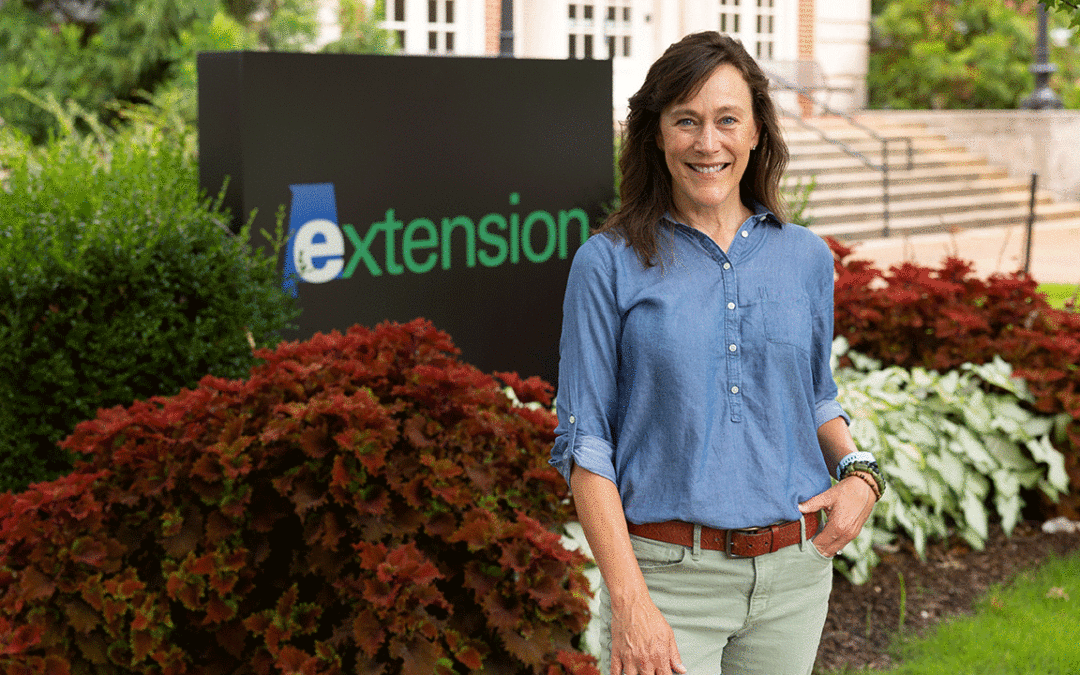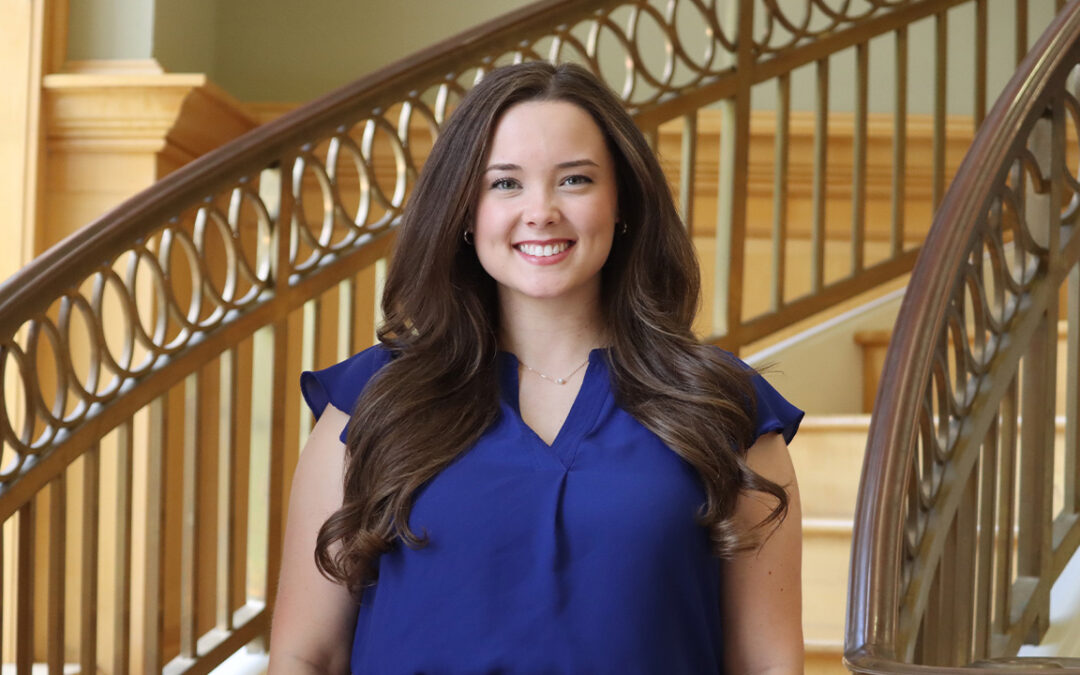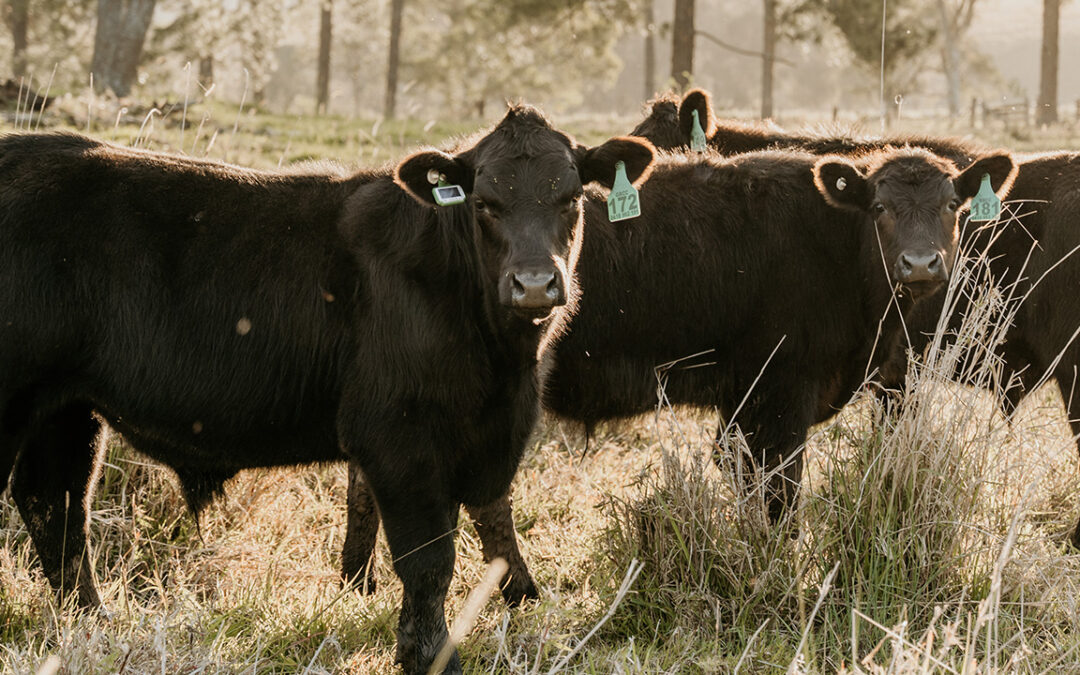By Mike Jernigan
If die-hard Auburn fans truly bleed orange and blue, then few families’ blood likely features more of the Tiger colors than the Brodbeck clan, whose immediate family features seven Auburn graduates. But a blood test would also show another liquid running just as prominently through the Brodbecks’ veins — coffee.
The Brodbeck’s are known for Café la Tranquilidad — a hard-bean, high-altitude coffee grown on their seven-acre family farm in Guatemala. The farm, nestled on the slopes of the active Santa Maria volcano, has been home to 1974 Auburn forestry management graduate and Fairhope, Alabama, native Martin Brodbeck and his wife Diana for more than 35 years, ever since they first purchased it to be closer to an American-curriculum school for their three young boys: Beau, Christian and Michael. Following service in the U.S. Air Force and a stint at a rubber plantation in Africa, Martin had moved his young family to Guatemala a few years earlier to manage a research rubber plantation for the Firestone Tire and Rubber Company.
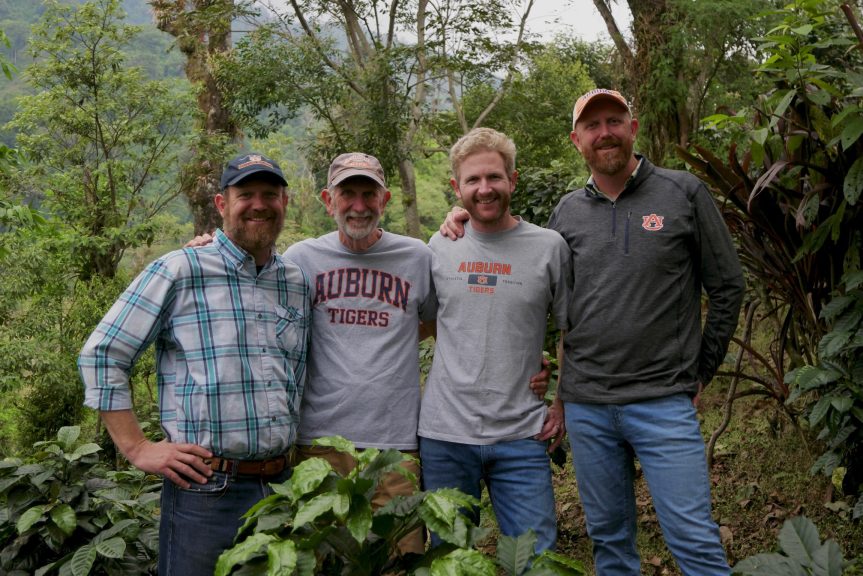
“Dad didn’t know much about growing coffee then,” recalled middle son Christian, an 2002 Auburn biosystems engineering alumnus with a master’s in civil engineering who is also the Director of Research Operations in the Samuel Ginn College of Engineering. “But his forestry background prepared him for the basics, and he taught himself the business after we moved to the farm. We always joked that growing coffee was his very expensive hobby. I think it only turned an actual profit one year.”
The coffee finca, or farm, and Guatemala — which was in the midst of a long civil war — were also adventuresome places to grow up according to oldest son Beau, a 2000 forestry management graduate who also hold an Auburn master’s and Ph.D. in forestry. He is currently an extension specialist in community forestry and aboriculture at the Alabama Cooperative Extension System’s Gulf Shores Educational Complex. He noted that when their parents moved them to the American school, the brothers were far more fluent in Spanish than English.
“We were the only Americans and Caucasians for miles, so everyone knew us,” he remembered. “We spent a lot of time outdoors. It was a very active lifestyle. And with the war going on, we occasionally woke up to the sound of machine gun and rifle fire.”
They learned about farming coffee growing up, but Martin insisted the boys “go get a real job” once they were old enough — though they were always welcome to return to the farm if they wanted to afterward. All three eventually followed in their father’s footsteps to Auburn, with youngest brother Michael — currently sailing the Pacific en route to New Zealand to work in the wine industry — earning an agronomy and soils degree in 2012 from the College of Agriculture. Their aunt, Carol Sturgill, is also an agriculture alumnus. She too runs a small coffee finca in Guatemala.
“Coming from a tiny American school in Central America to Auburn was a huge shock for all of us,” Beau said, “but we have family nearby and that helped us make the transition.” And as each son graduated and advanced in their careers, married and began their own families (Christian and Beau’s wives are also Auburn graduates) the idea of returning to the farm in Guatemala began to seem increasingly unlikely.
“It’s not easy to live in Guatemala,” Christian noted. “Things we take for granted, they don’t have. For instance, we didn’t have a phone or television when we were growing up, although it’s better there now. But the population in Guatemala has exploded in recent years; insufficient infrastructure is still a big problem.”
Although the brothers likely don’t see themselves returning to run the farm one day, they still harbor a deep affection for Guatemala and its people, and both have been fortunate to conduct research or extension work in the country through their jobs at Auburn. Christian has taken students from the Auburn Engineers Without Borders group to help design and implement improved water systems for small villages, while Beau has worked on a UN/USAID project studying the impacts of migrant workers in the U.S. on their home communities back in Guatemala.
That’s why when Martin suffered through a serious illness over the summer of 2020, his sons began to think of a way they could not only maintain their beloved coffee farm and their links with Guatemala in perpetuity, but also make the farm self-sustaining, environmentally sound and of benefit to its surrounding community. They also sought a way to take lasting care of the three Guatemalan families who work the finca and have done so for more than 25 years.
From that desire was born Café la Tranquilidad — an online small business marketing “mountain grown gourmet coffee for connoisseurs” — as described on their website at cafelatranquilidad.com. It is a way for the family to “share a love for tending to the earth and giving back to the environment,” the site says. “Our coffee represents this, as well as our passion to share our love of Guatemala with everyone we meet.”
“There are so many things that differentiate our single-source coffee quality from the general market,” Beau explained. “Elevation matters in coffee quality, and our farm is the closest on the volcano to the freeze line at 5,200 feet. Once the beans are picked, they are sun-dried on a patio in the traditional way rather than dried by large air dryers like mass-market beans. It all makes for a very high quality, hard-bean coffee.”
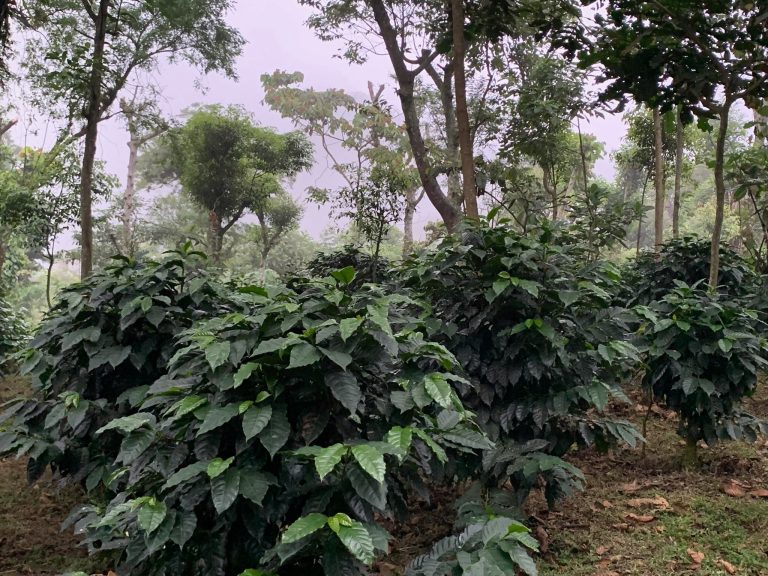
“On the environmental sustainability side,” Christian added, “ours is shade-grown coffee, meaning it is grown under a canopy of native trees. The canopy can be trimmed back some or allowed to grow as conditions change. The trees not only shade the coffee plants, but also serve as a home for native birds and other wildlife. Lower quality coffee is sun-grown, which is also less healthy for the natural environment.”
And finally, most importantly, the family wanted to make sure their long-time Guatemalan employees — a father-and-son team and a husband-and-wife duo — had a share in the farm’s success. For that reason, the only salary the Brodbeck family makes from the farm comes in the form of free coffee. All profits from their online sales go to pay for farm expenses and a living wage for their four full-time and other part-time seasonal staff.
They launched the Café la Tranquilidad website in 2021 and have since marketed the roughly 3,500 pounds of gourmet coffee the farm produces each year to friends and family, through social media and word of mouth, to a steadily growing number of devotees each year. Their products include a special dark roast along with a classic roast, several flavored blends and their newest coffee — Canche, or blonde, a light-roast that brings out more of the flavor of the bean. And in a special marketing twist surely found nowhere else in the coffee industry, customers in the Auburn-Opelika and Fairhope areas can get their coffee delivered directly to their door by one of the company’s owners.
“I probably spend an hour a day or more just delivering coffee around town,” Christian concluded. “But Café la Tranquilidad is a labor of love. We are very proud of our farm and family and want to tell our own story. Especially if, by doing so, we can hold on to a very important part of our heritage.”

